
The Center for Safe and Resilient Schools provides training and consultation in a broad range of multi-tiered approaches that align with our primary mission: to restore and strengthen school communities.
Prevention, Response, and Recovery:
Our interventions fall within a multi-tiered system of support
We believe any school staff member can provide support to students experiencing adversity or be a first responder. We offer trainings and consultations for all levels within school districts to create trauma-informed schools. Our trainings are for:
School Leaders
Teachers
Student Support Services
Including School Social Workers, Counselors, Psychologists, and Nurses
Staff and Paraprofessionals
Including Office, Custodial, and Cafeteria Staff
School Safety Professionals
Including Law Enforcement and Security Guards
Trauma-Informed Multi-Tiered System of Support
TIER 2
Early Intervention and Response
For counselors and other nonclinical support services staff.
CONSULTATIONS
Response & Recovery and Comprehensive
The Center works with schools and districts to develop whole-school safety plans to prevent, manage, and recover from traumatic events.
Tier 1: Whole-School Approaches
Tier 1 approaches are designed for any person who is part of a school community.

Trauma-Responsive Decision-Making for School Leaders (TR-DM)
Leaders are essential to the successful implementation of a comprehensive trauma-informed school system. TR-DM equips leaders to spearhead whole-school system transformations that promote culturally responsive, trauma-informed school ecosystems. Leaders learn how to assess, prioritize, and reform policies and processes, with an emphasis on those that perpetuate long-standing educational inequities.

Trauma-Informed Threat Assessment (TI-TA)
TI-TA offers specialized training for school staff to help them understand the purpose of a school threat assessment and the role of the mental health profession. Participants will also learn how to identify the five stages of a school threat assessment and the contributions school mental health professionals can make to prevent violence.
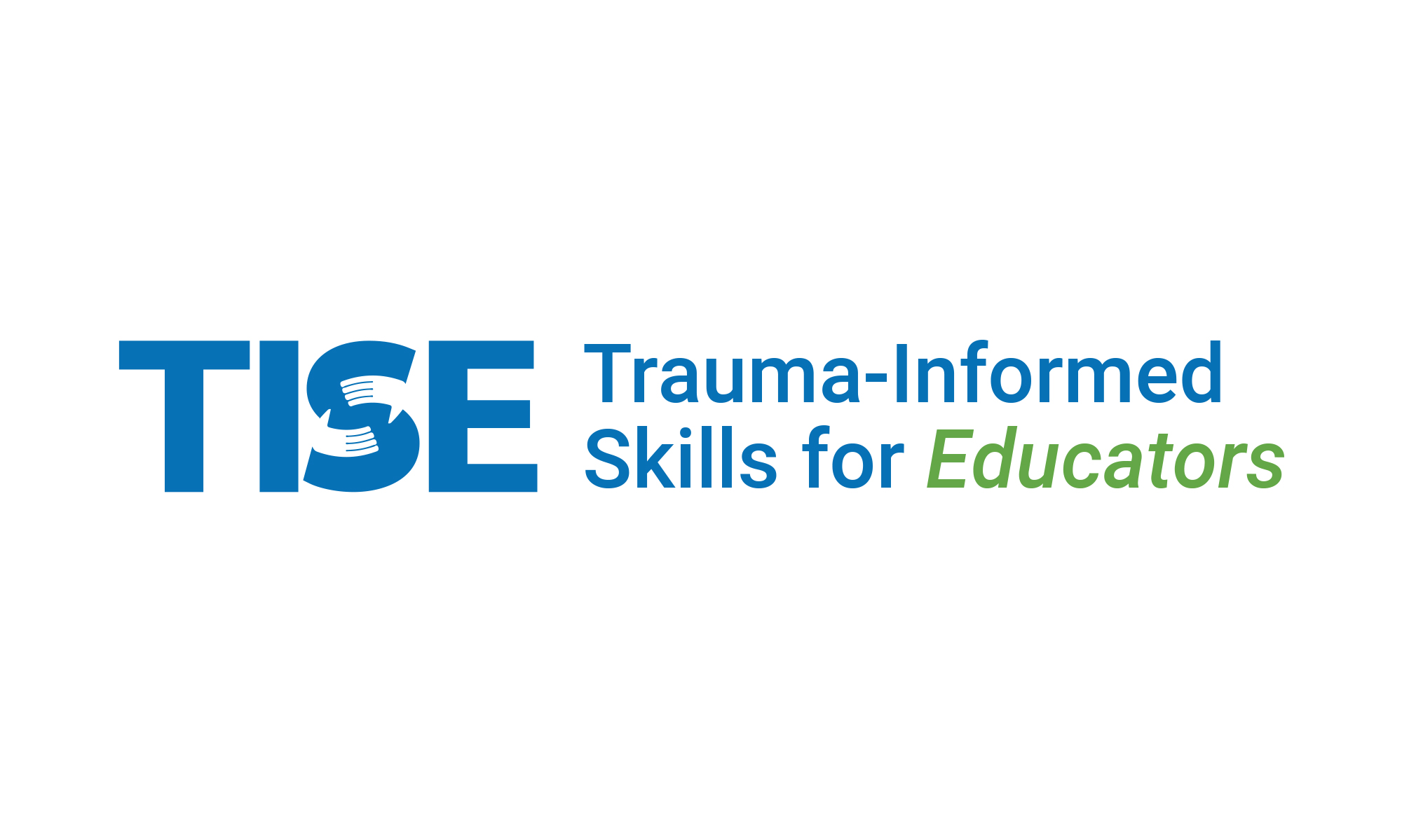
Trauma-Informed Skills for Educators (TISE)
TISE is a self-paced online course that uses a strengths-based relational lens to help educators better understand trauma. Through this lens, the course equips educators with the knowledge and skills needed to recognize the effects of trauma on students and respond supportively with trauma-informed principles.
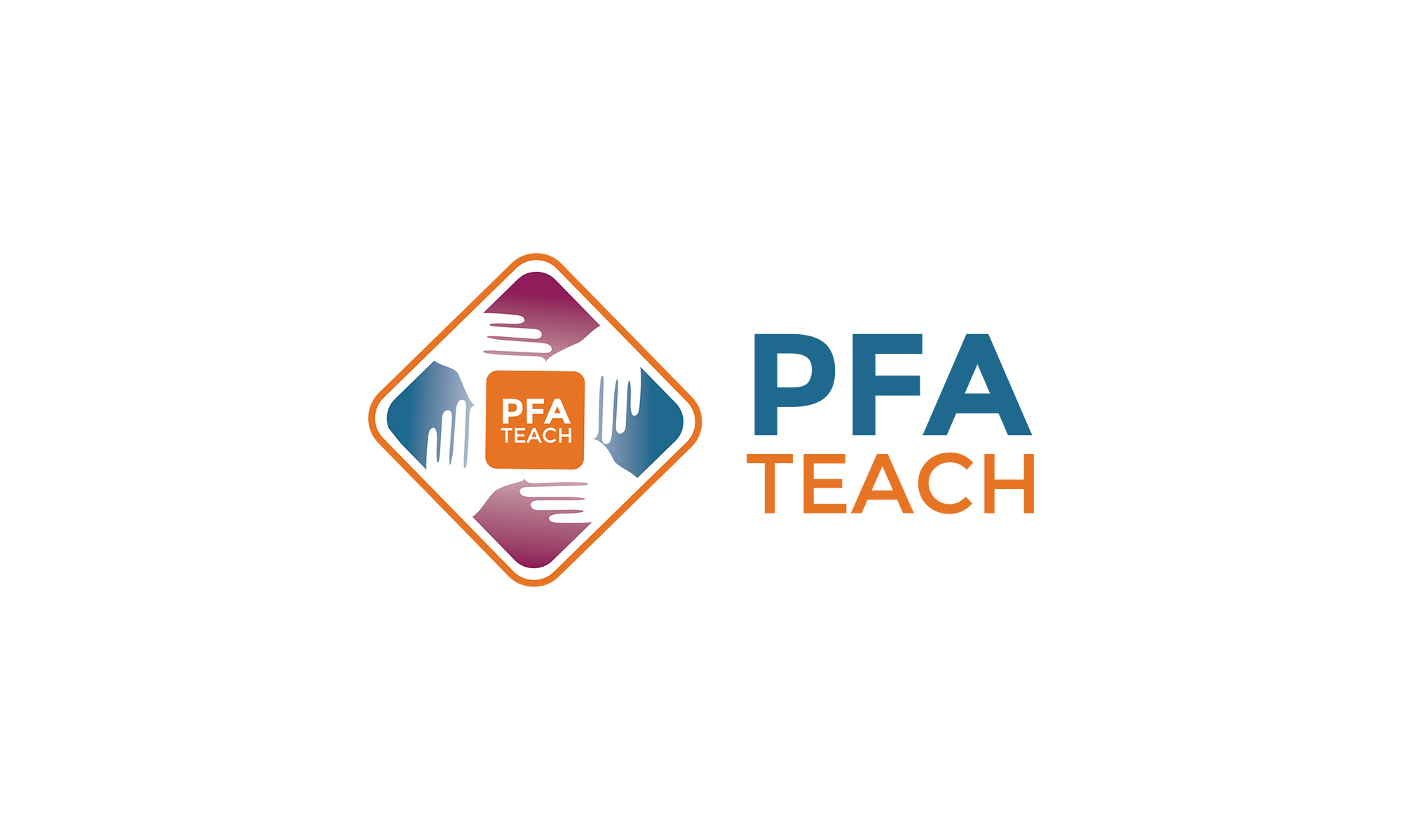
Psychological First Aid (PFA-TEACH)
The Psychological First Aid curriculum enables all school staff to support students and colleagues after community or school-based crises. Although this training is informed by cognitive-behavioral theory and neuroscience literature, the skills taught can be implemented by any adult on campus.
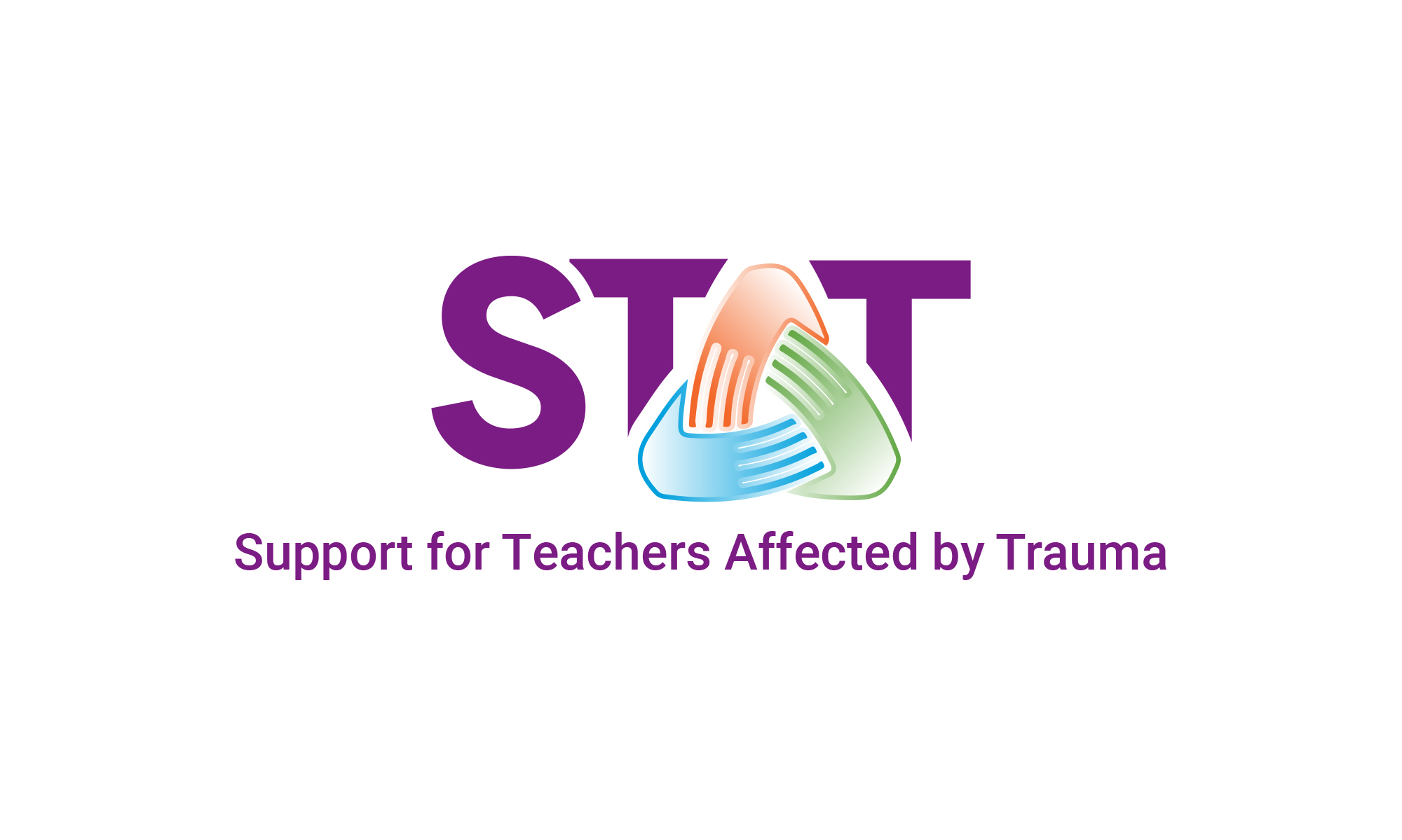
Support for Teachers Affected by Trauma (STAT)
Designed for preK-12 teachers, STAT is a self-paced online course with five modules that explore secondary trauma, risk factors associated with susceptibility to secondary traumatic stress (STS), the impact of STS across multiple life domains, and tangible self-care skills.
Tier 2: Early Intervention and Response
Tier 2 approaches are designed for counselors and other nonclinical support services staff.

Life Improvement for Teens (LIFT)
LIFT is a self-paced, dynamic e-learning course designed to help students exposed to stressful and traumatic events. Teens can complete this online, confidential course on their own or with the support of a school counselor or teacher.
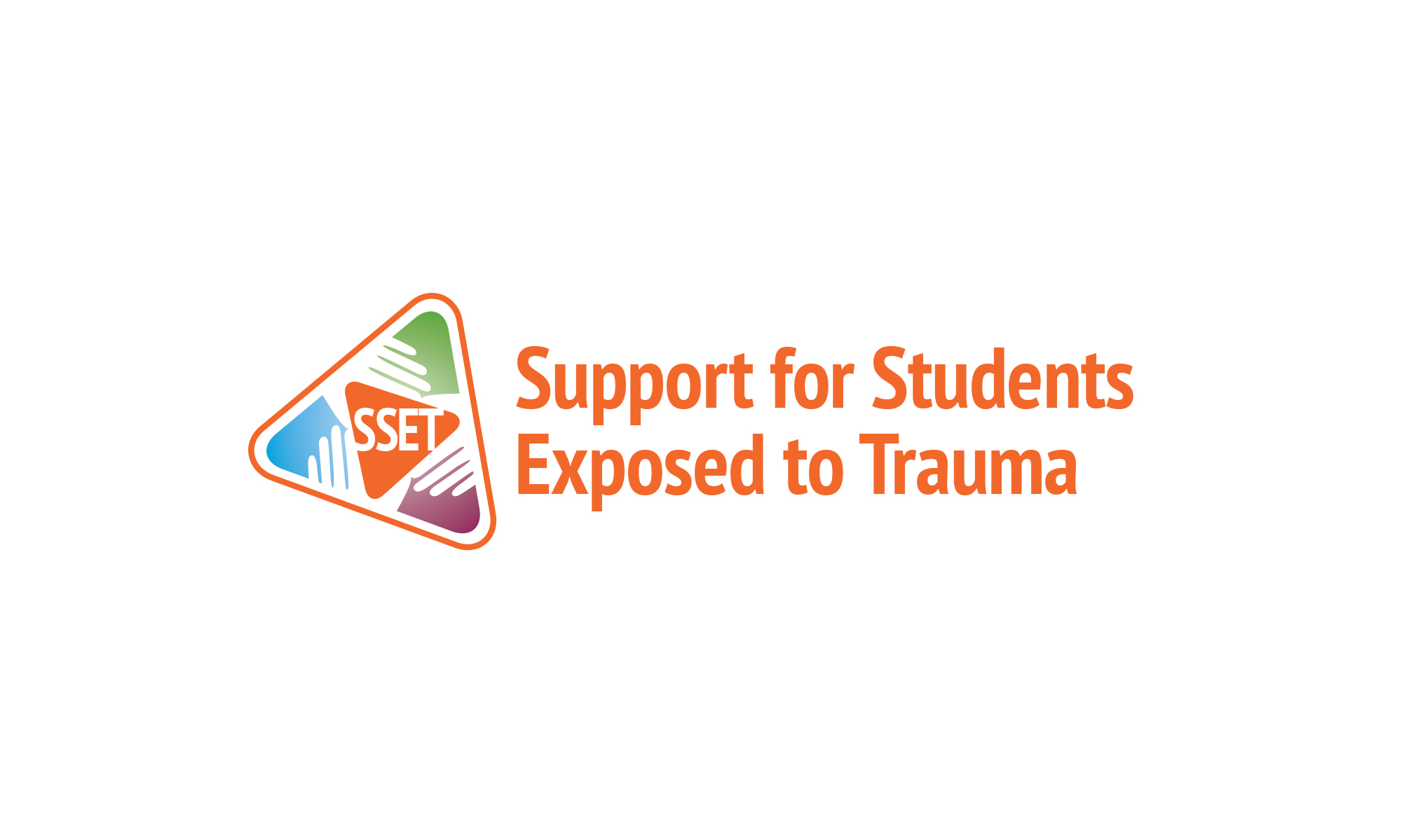
Support for Students Exposed to Trauma (SSET)
SSET is a targeted intervention for students who have been exposed to a traumatic event and who are experiencing symptoms of posttraumatic stress disorder. Delivered by nonclinical school personnel, this intervention is appropriate for students in 5th grade and above.
4 CE credit hours eligible

Mental Health-Informed Threat Assessment (MH-TA)
MH-TA offers specialized training for school-based mental health professionals to help them understand the purpose of a school threat assessment and the role of the mental health profession. Participants will also learn how to identify the five stages of a school threat assessment and the contributions school mental health professionals can make to prevent violence.
Tier 3: Targeted Recovery After Exposure to Trauma
Tier 3 approaches are designed for school-based clinicians.
CBITS and Bounce Back may be used as either Tier 2 or Tier 3 interventions. When individualized targeted interventions are available, schools often use CBITS and Bounce Back as Tier 2 interventions. When individualized targeted interventions are not available, schools often use CBITS and Bounce Back as Tier 3 interventions.
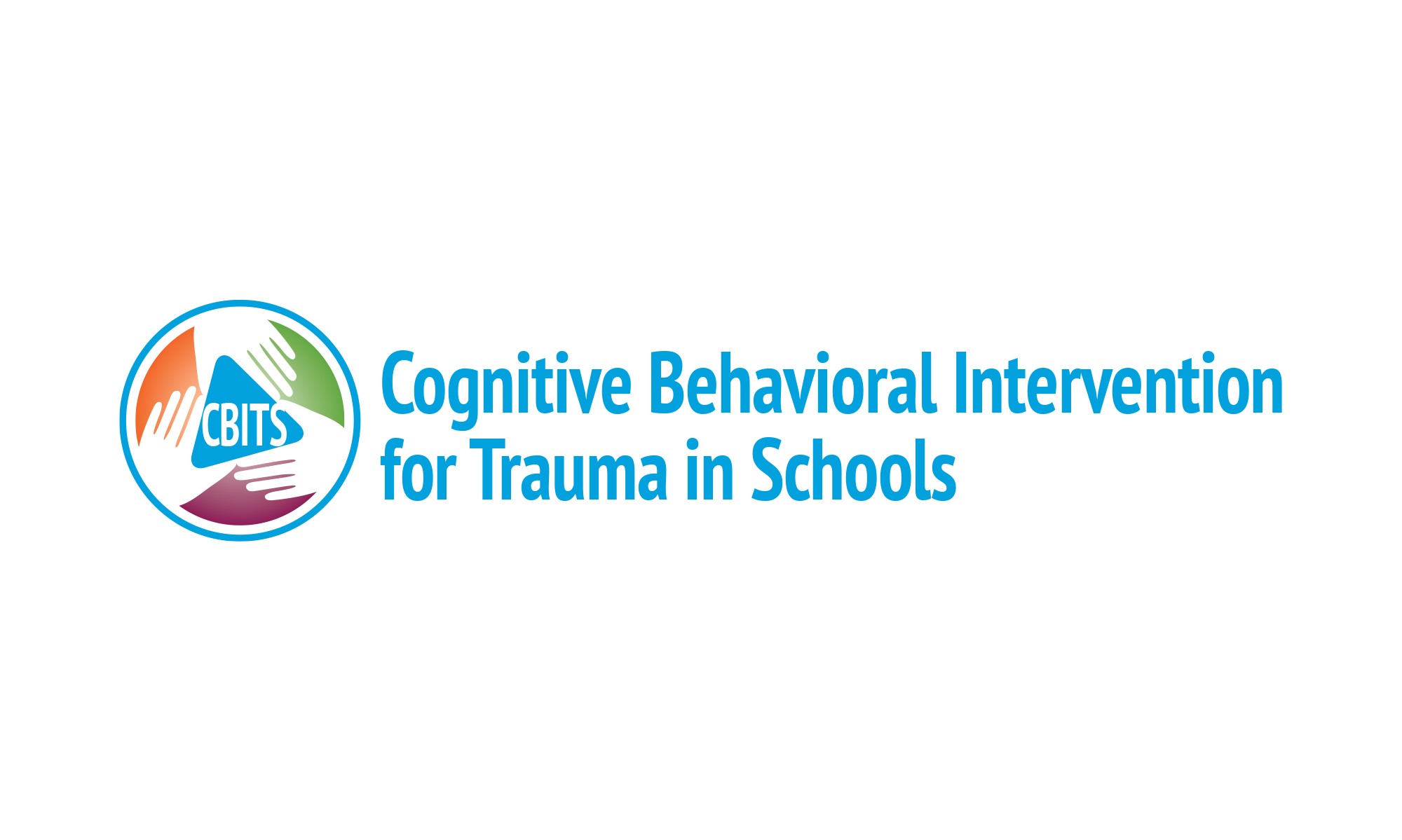
Cognitive Behavioral Intervention for Trauma in Schools (CBITS)
CBITS is a targeted intervention for students who have been exposed to a traumatic event and who are experiencing symptoms of posttraumatic stress disorder. Delivered by school-based clinicians, this intervention is appropriate for students in middle and high schools (grades 5–12).
5 CE credit hours eligible

Bounce Back
Bounce Back is a targeted intervention for students who have been exposed to a traumatic event and who are experiencing symptoms of posttraumatic stress disorder. Delivered by school-based clinicians, this intervention is appropriate for students in Kindergarten through 5th grade.
6 CE credit hours eligible
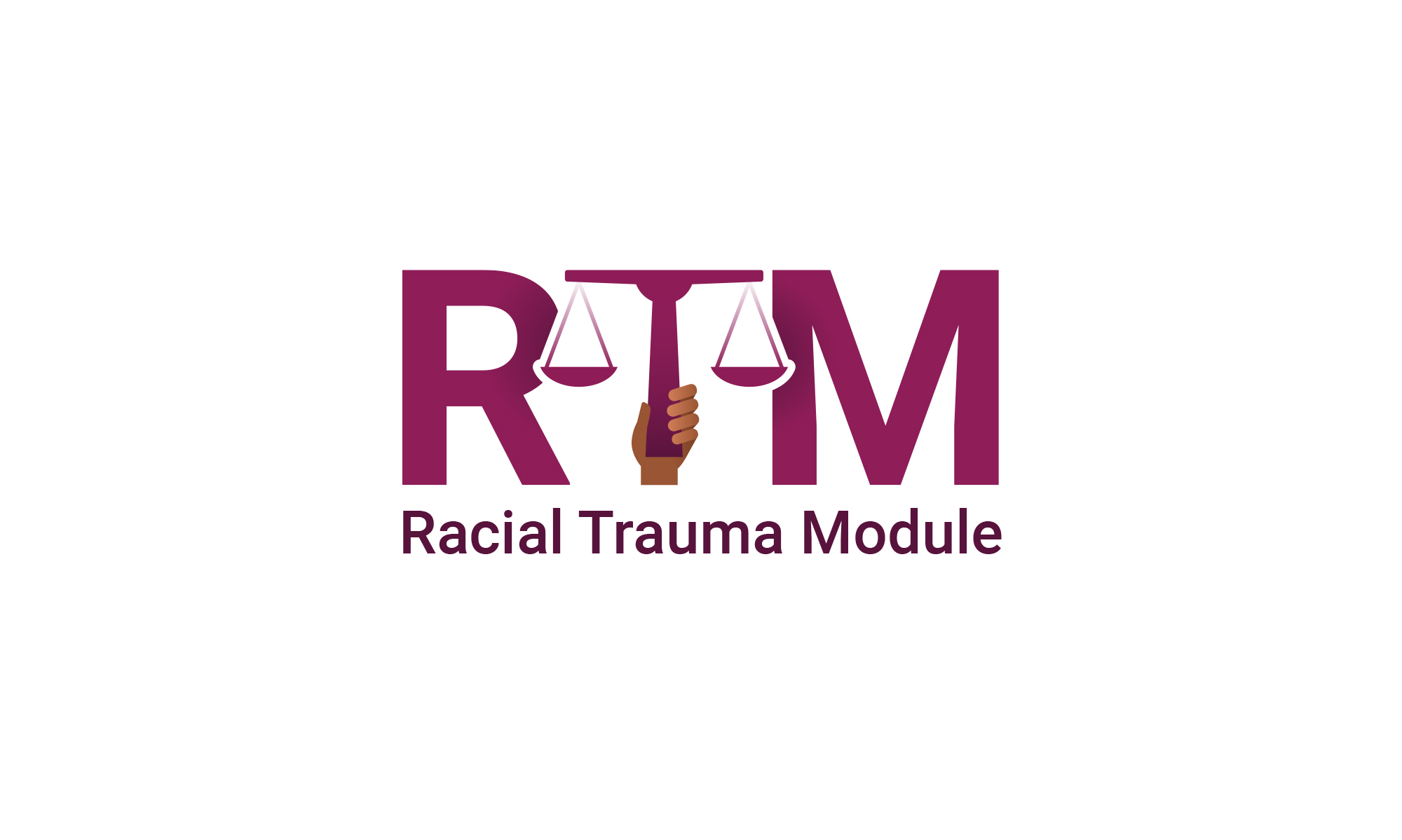
Racial Trauma Module (RTM)
The Racial Trauma Module (RTM) is a psychoeducational module that can be delivered as a standalone module, as part of the CBITS curriculum, or as an add-on to the SSET curriculum. It provides youth with an overview of the effects of racism on levels of traumatic stress. In addition, the RTM provides school staff and adults with the foundational tools they need to acknowledge the effects of racism on youth by providing skills to create a space for students to talk about the impact of racism.
Consultations
The Center works with schools and districts to prevent, manage, and recover from traumatic events. Our process includes three stages: needs assessment and evaluation, strategy and planning, and implementation.
After a traumatic event happens, we provide real-time crisis consultations and responses that are customized to fit the needs of the schools or districts and surrounding communities.
We provide strategy and planning services that are responsive to site-specific needs and concerns, which may include:
- Conducting a needs assessment with schools and districts.
- Identifying gaps in knowledge, skills, practices, and policies.
- Generating a comprehensive strategy that includes training and consultation that is tailored to the specific needs of the site and uses implementation science.